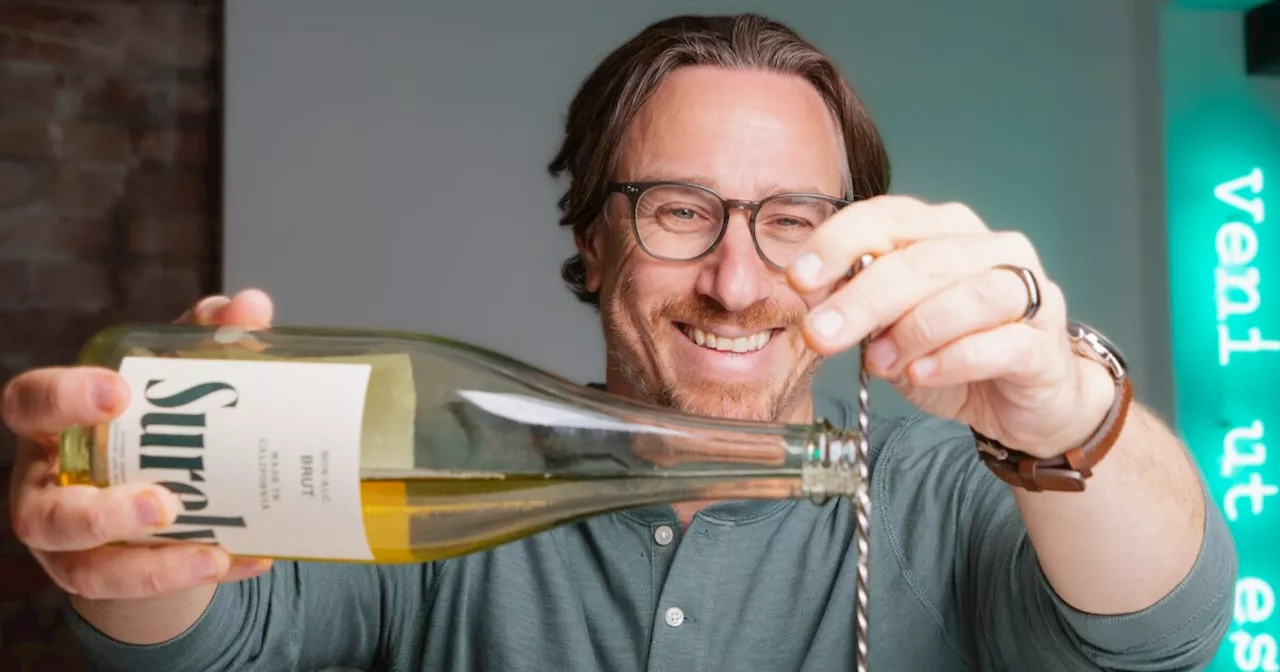More people are opting for alcohol-free events and enjoying sophisticated non-alcoholic beverages. The trend is driven by cultural shifts and the rise of sober curiosity.
Mixologist Derek Brown used to own one of the most celebrated bars in the country. Now he's helping popularize booze-free socializing. If you're looking for inspiration to stick with your Dry January commitment, you may want to check out booze-free gatherings happening all over the country. They include tastings, music, dance parties as well as competitions and speakers, all aimed at showing there's fun to be had at events that don't revolve around alcohol.
'It's becoming a cultural moment,' says renowned mixologist Derek Brown who started the Mindful Drinking festival and has helped popularize booze-free alternatives. The festival has evolved into a three-day event and attendance has jumped 10 fold compared to a few years ago. The boom in sober curious tracks with Derek Brown's personal story. A decade ago he was serving up drinks as the owner of the Columbia Room, one of the most celebrated cocktail bars in the U.S. But in his late 30s when he stopped to assess the role of alcohol in his life, he realized it was a problem. 'My health wasn't good, my finances weren't good, my relationships were strained. And while alcohol wasn't the sole cause of that, it certainly wasn't helping,' Brown says. He was advised to stop drinking for a while and change his relationship with alcohol. As he navigated a new path he realized there were a lot of people like him, and he saw a professional opportunity.'It's really fun to embrace new things, and that's what we're really about,' he says, and not just in January, but throughout the year. His hunch was spot on. Sales of non-alcoholic adult beverages are expected to hit $4 billion over the next two years. Products include NA craft brews from pioneers such as The Adult Non-Alcoholic Beverage Association, a trade association, which is now a part-owner of the Mindful Drinking Fest, points to athat is driving up demand. As more people consider cutting back on alcohol, the interest in more sophisticated NA options are on offer.plant? Or a spicy pineapple margarita blended with bits of damiana, a shrub known for its tiny, aromatic flowers. These booze-free craft cocktails made by, incorporate herbs, spices, roots and botanicals. The company says its creations have been served at top restaurants including Michelin-starred Daniel in New York City and the famous French Laundry in Napa Valley., another maker of non-alcoholic distilled spirits. One of its botanical blends is marketed as a gin substitute, made with coriander seed and lime peel combined with lavender and Juniper. There's also, founded as a passion project by a woman who set out to replicate cocktail classics with spirits made from mushroom ingredients. ' What we would like to see is people going to bars, going to restaurants, going out, having parties, spending time together, just not making alcohol at the center of it,' Brown says. But upending social norms isn't easy. From weddings to funerals and many events in between, alcohol is woven into social experiences. More than 2 out of 3 adults in the U.S. report consuming at least one drink a week or more, but there's a growing consensus of the health benefits of cutting back., a family physician in Ohio, says it can be tough to talk to patients about cutting back if the conversation is only about what you have to give up. Instead he likes to focus on fun things to replace drinking. Over the years, he's seen people swap drinking for all kinds of new activities. 'They've started a book reading club, or they've started knitting, or they're painting or a sporting event like bowling,' says Sevilla. Creating more social opportunities through new hobbies — or picking up an old hobby —can really make a difference. 'I've found that my patients have had better luck trying to cut back on their alcohol use or even eliminate it completely,' Sevilla says.known as the CAGE questionnaire. It asks four questions: Have you ever felt you should cut down on alcohol? Have people annoyed you by criticizing your drinking? Have you ever felt bad or guilty about your drinking? Have you ever had a drink first thing in the morning to get rid of a hangover? If you answer yes to any of these questions, Sevilla says it's a sign you may want to explore your relationship with alcohol further.an oncologist at Hackensack Meridian Health who counsels many patients to cut back or abstain.'It can shift our perspectives,' she explains. A one month break is not likely to improve your health if you resume unhealthy levels of drinking the rest of the year, she says. 'But I think that month can really kind of open our eyes to the effect that drinking is having on our lives.'Allison Aubrey is a Washington-based correspondent for NPR News, where her stories can be heard on Morning Edition and All Things Considered. She has reported extensively on the coronavirus pandemic since it began, providing near-daily coverage of new developments and effects. She's also a contributor to the PBS NewsHour and is one of the hosts of NPR's Life Kit.Red flag wildfire warning extended through Friday evening in San Diego are
MINDFUL DRINKING Non-Alcoholic Beverages Sober Curiosity Health Benefits Social Events Derek Brown
United States Latest News, United States Headlines
Similar News:You can also read news stories similar to this one that we have collected from other news sources.
 Booze-Free Socializing: The Rise of Sober Curious CultureThe trend of cutting back on alcohol, known as 'sober curious,' is gaining momentum, with more people opting for non-alcoholic beverages and events. This story explores the growing popularity of booze-free socializing, highlighting the experiences of mixologist Derek Brown, who transitioned from running a celebrated cocktail bar to promoting mindful drinking.
Booze-Free Socializing: The Rise of Sober Curious CultureThe trend of cutting back on alcohol, known as 'sober curious,' is gaining momentum, with more people opting for non-alcoholic beverages and events. This story explores the growing popularity of booze-free socializing, highlighting the experiences of mixologist Derek Brown, who transitioned from running a celebrated cocktail bar to promoting mindful drinking.
Read more »
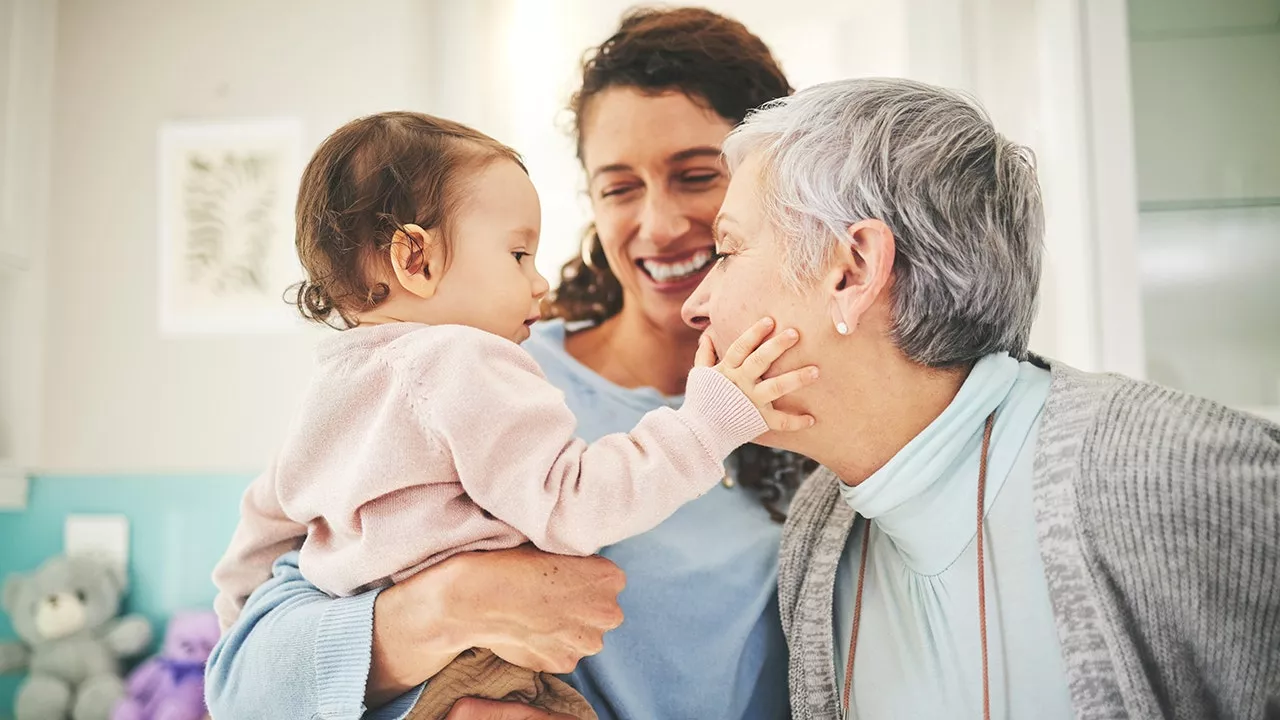 Socializing May Protect Against Heart Attack, Stroke, and DiabetesA new study suggests that socializing with friends and family can help protect against serious health conditions like heart attacks, strokes, and type 2 diabetes. The research, conducted by Cambridge University and colleagues in China, found that social interactions boost the immune system and reduce disease risk.
Socializing May Protect Against Heart Attack, Stroke, and DiabetesA new study suggests that socializing with friends and family can help protect against serious health conditions like heart attacks, strokes, and type 2 diabetes. The research, conducted by Cambridge University and colleagues in China, found that social interactions boost the immune system and reduce disease risk.
Read more »
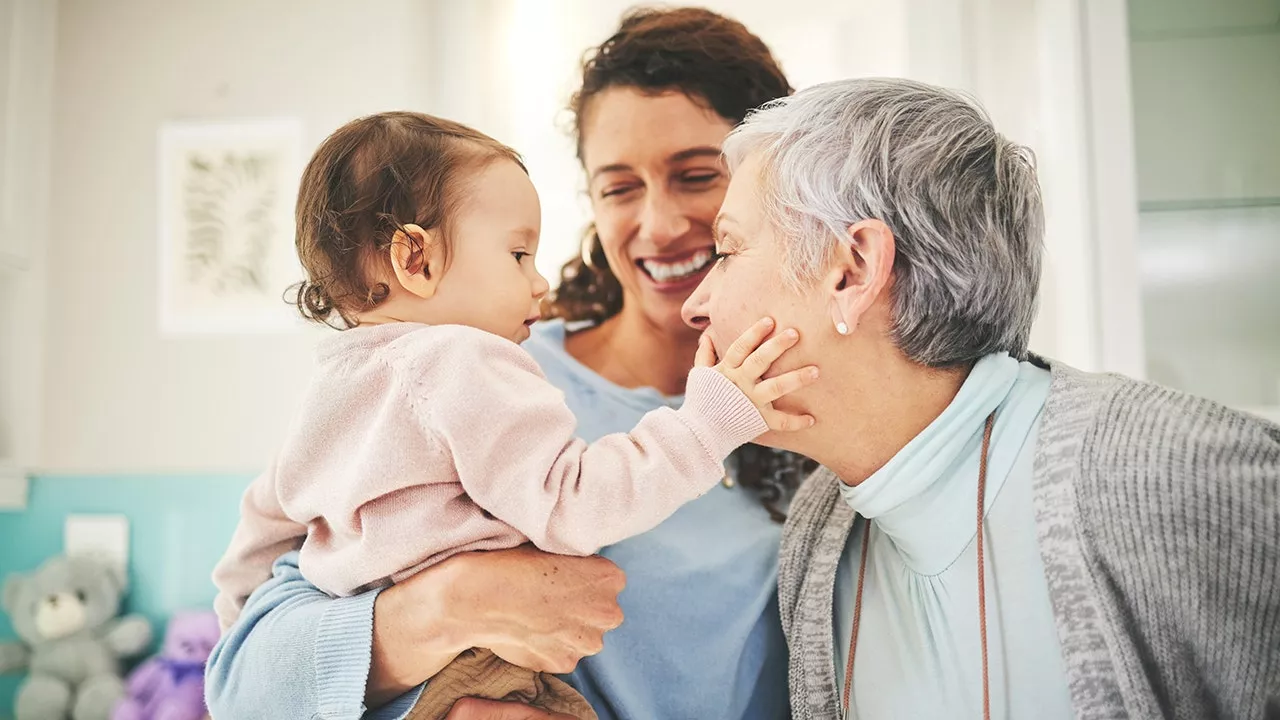 Socializing May Protect Against Heart Disease, Stroke, and Other IllnessesA new study suggests that strong social connections can benefit overall health by reducing the risk of heart disease, stroke, type 2 diabetes, and other health issues.
Socializing May Protect Against Heart Disease, Stroke, and Other IllnessesA new study suggests that strong social connections can benefit overall health by reducing the risk of heart disease, stroke, type 2 diabetes, and other health issues.
Read more »
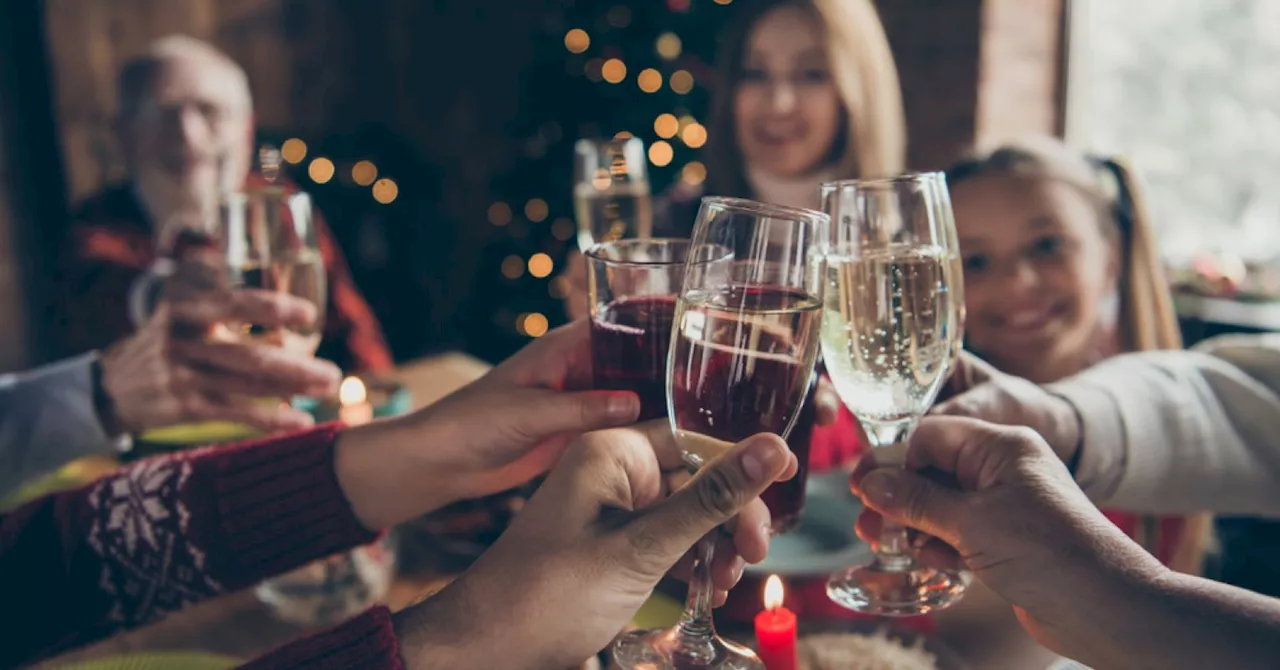 Sober Socializing: Challenges for Parents in RecoveryParents in recovery (PIRs) face unique challenges when socializing with friends and family who drink or use drugs. Events like birthday parties, sports gatherings, and community celebrations can feel overwhelming and trigger cravings. The normalization of alcohol at children's events has also added to the pressure. PIRs often report that their experience depends on their stage of recovery, with early recovery requiring stricter limits and longer-term recovery allowing for more comfortable participation in events with genuine purpose.
Sober Socializing: Challenges for Parents in RecoveryParents in recovery (PIRs) face unique challenges when socializing with friends and family who drink or use drugs. Events like birthday parties, sports gatherings, and community celebrations can feel overwhelming and trigger cravings. The normalization of alcohol at children's events has also added to the pressure. PIRs often report that their experience depends on their stage of recovery, with early recovery requiring stricter limits and longer-term recovery allowing for more comfortable participation in events with genuine purpose.
Read more »
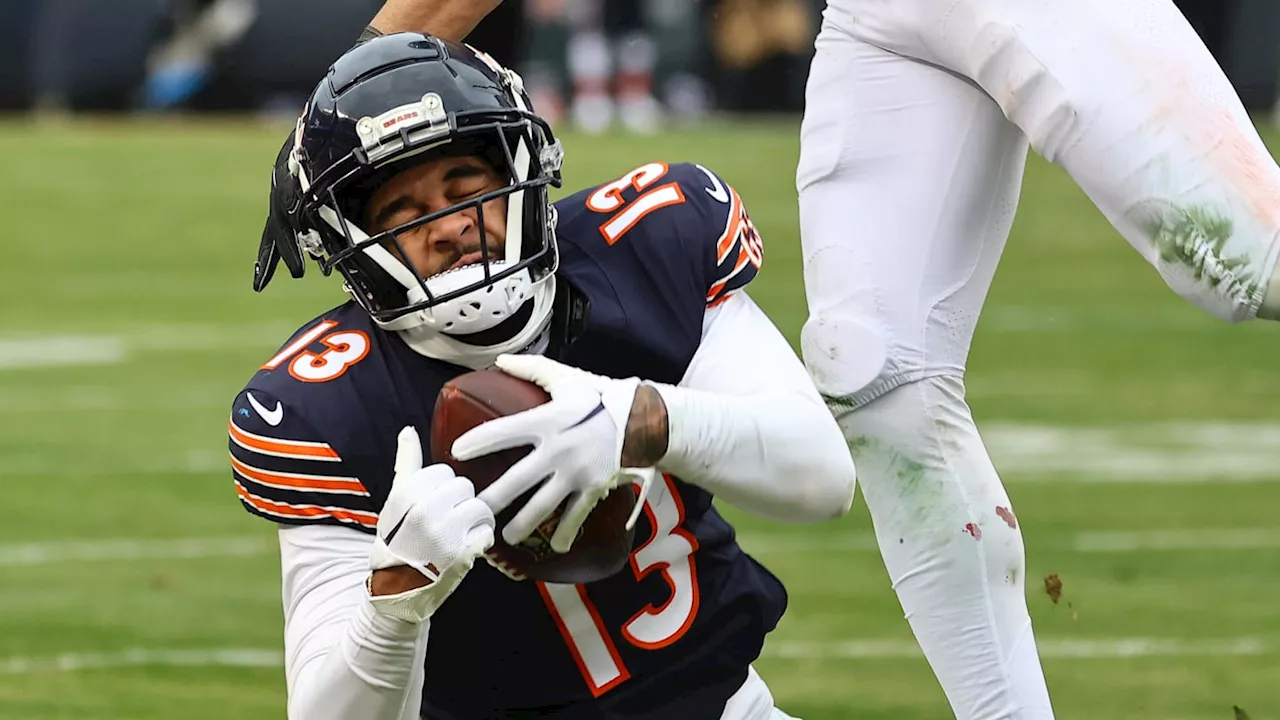 2025 NFL Free Agency: Top Bears free agents and who Chicago should re-signThe Chicago Bears have several players scheduled to hit unrestricted free agency this offseason. Here are who they should re-sign and who they should let walk.
2025 NFL Free Agency: Top Bears free agents and who Chicago should re-signThe Chicago Bears have several players scheduled to hit unrestricted free agency this offseason. Here are who they should re-sign and who they should let walk.
Read more »
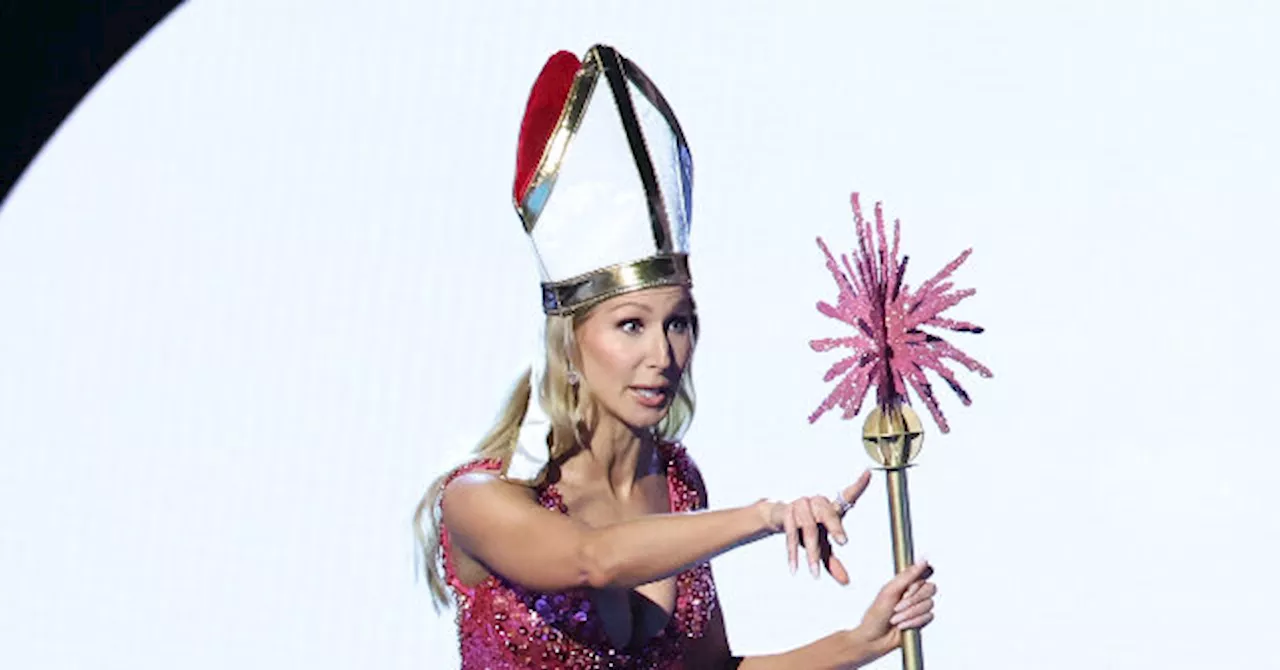 Nikki Glaser's Golden Globes Hosting: Politics-Free, God-Free?Comedienne Nikki Glaser hosted the Golden Globes on Sunday night, injecting humor into the ceremony while also playfully addressing the absence of thanks to God from award winners.
Nikki Glaser's Golden Globes Hosting: Politics-Free, God-Free?Comedienne Nikki Glaser hosted the Golden Globes on Sunday night, injecting humor into the ceremony while also playfully addressing the absence of thanks to God from award winners.
Read more »
